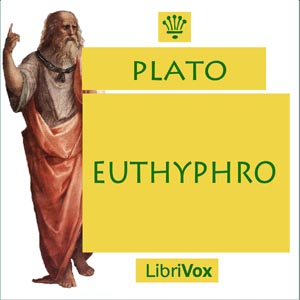- Introductory
- Part I
- Part II
- Part III
The apparent sacrifice of Iphigenia at Aulis by her own father Agamemnon was forestalled by the godness Artemis, who by an adroit sleight of hand that fooled all participants, substituted a deer for the daughter. Wafted magically away to the “Friendless Shores” of savage Tauris and installed as chief priestess presiding over the human sacrifice of all luckless foreigners, Iphigenia broods over her “murder” by her parents and longs for some Greeks to be shipwrecked on her shores so she can wreak a vicarious vengeance on them. Little does she expect her own little brother Orestes to be one of those Greeks brought to her altar.
Possibly the most beautiful of the plays of Euripides, the Iphigenia in Tauris relates the final resolution of the dark tragedy of the House of Atreides. Filled with radiant imagery of sunlight and sea-foam and bird-flight (reproduced beautifully by the learned Oxford scholar Gilbert Murray), this is not a tragedy but a story with a happy ending, in which all the innocent are freed and equilibrium is restored. Despite the happy ending, this is no light romance; throughout the play the plangent tones of human sadness, homesickness, and exile remind the reader that happiness is the ephemeral thing, while sadness takes so many eternal forms. (Expatriate)
Possibly the most beautiful of the plays of Euripides, the Iphigenia in Tauris relates the final resolution of the dark tragedy of the House of Atreides. Filled with radiant imagery of sunlight and sea-foam and bird-flight (reproduced beautifully by the learned Oxford scholar Gilbert Murray), this is not a tragedy but a story with a happy ending, in which all the innocent are freed and equilibrium is restored. Despite the happy ending, this is no light romance; throughout the play the plangent tones of human sadness, homesickness, and exile remind the reader that happiness is the ephemeral thing, while sadness takes so many eternal forms. (Expatriate)
There are no reviews for this eBook.
There are no comments for this eBook.
You must log in to post a comment.
Log in











